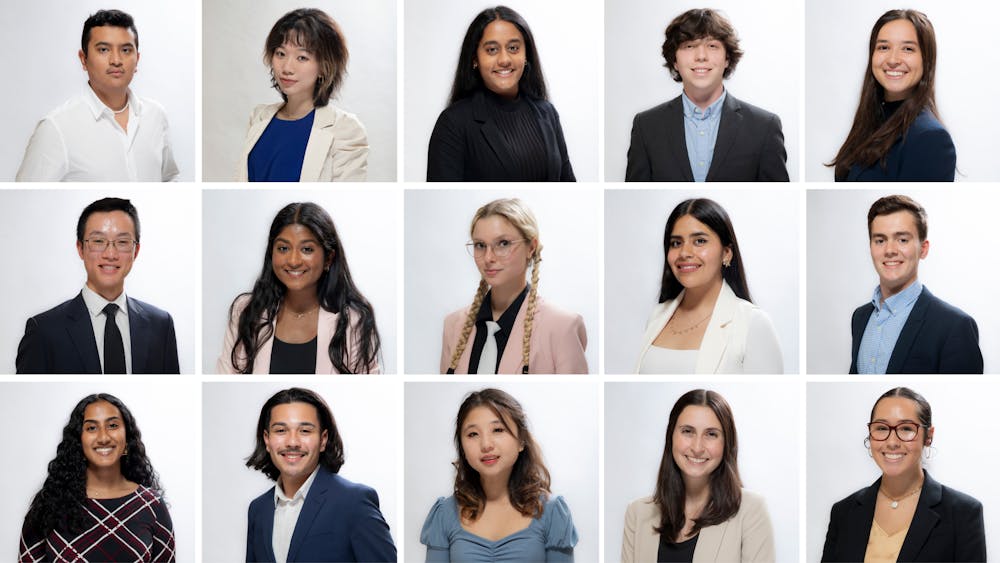Last Monday, 15 sophomores at UNC were selected as scholars to join the Morehead-Cain class of 2026 in an unprecedented step announced by the Morehead-Cain Foundation earlier this fall.
The Morehead-Cain Scholars Program, the first merit scholarship program established in the United States, traditionally only offered a full-ride college scholarship to incoming first-year UNC students.
Unlike typical scholars who receive stipends of approximately $12,000 each semester, the foundation said the new sophomore Morehead-Cain scholars will receive a stipend of $2,500 per semester. The sophomores will receive the stipend for five semesters beginning in spring 2024.
"The Foundation recognizes that sophomore enrollees into the Program already have a range of mechanisms for paying for college, and many desire to maintain existing scholarship arrangements while adding the flexibility and opportunities afforded to Morehead-Cain Scholars,” the Morehead-Cain Foundation said in an email.
The selected sophomores this year include students from five North Carolina counties, six states and China. The Daily Tar Heel spoke with three of the selected scholars.
Shuyan Wu
Shuyan Wu, a scholar on the pre-public health track, said their main interests are health equity — helping people on an individual health level and on a collective health level.
Wu, who is originally from Beijing, China, said they have always had a passion for social justice. Coming from an immigrant background of migrant workers, they said they spent several years in high school living and working with the migrant community.
“I understand their struggles and their need for more accessible policy and social plans,” Wu said. “I came in as a sociology major, but during my time at UNC I explored public health, and I found out health is not only about the physical conditions but also the psychological and overall social well-being of humans.”
Wu said they hope to bridge what they call a “science gap” in their clinical research, or the gap that exists between theory and practical implementation.
“There are other people like me and they're still struggling,” Wu said. “Because I am fortunate enough to study abroad, to have this opportunity to learn, I would like to get back to my community.”
Christopher Arraya
As a first-generation Latino student, scholar Christopher Arraya said many activities for first-generation or underrepresented students often have educational, social and financial constraints. However, he said becoming a Morehead-Cain scholar makes those interests feasible.
Arraya, an Office of Undergraduate Research student ambassador, is currently researching the political polarization on Facebook during the 2019 Bolivian political crisis.
“My whole family is Bolivian,” Arraya said. “I'm a first-generation student in America, so I've been really interested in connecting back with Bolivia and seeing how it's all working with the skills that I have, which is more in the sociology and computer science fields.”
Arraya said he wants to emphasize his research through the resources Morehead-Cain offers, like the Lovelace Fund for Discovery.
“I feel like I'm able to give back to a lot of people just through that,” he said.



